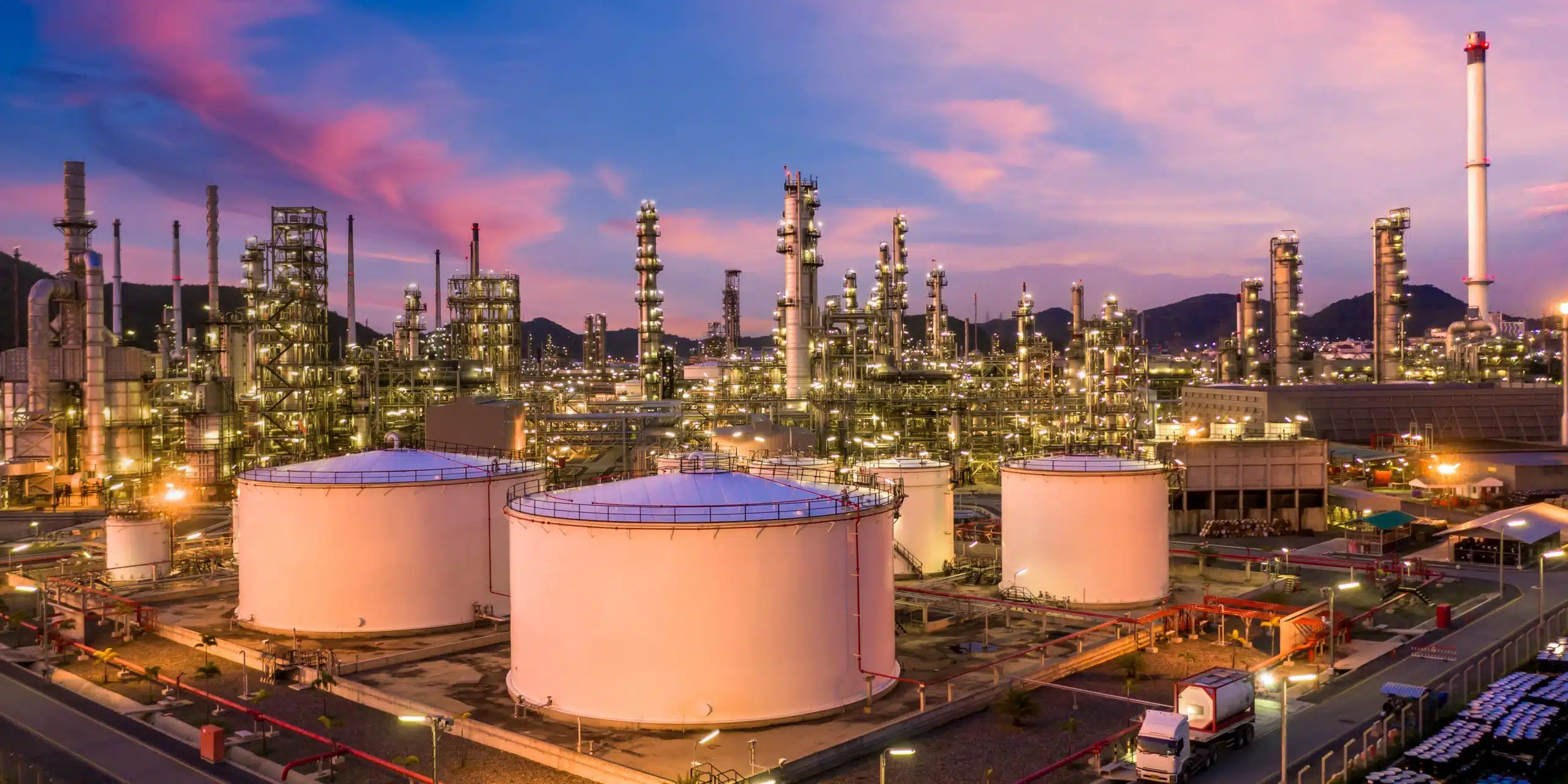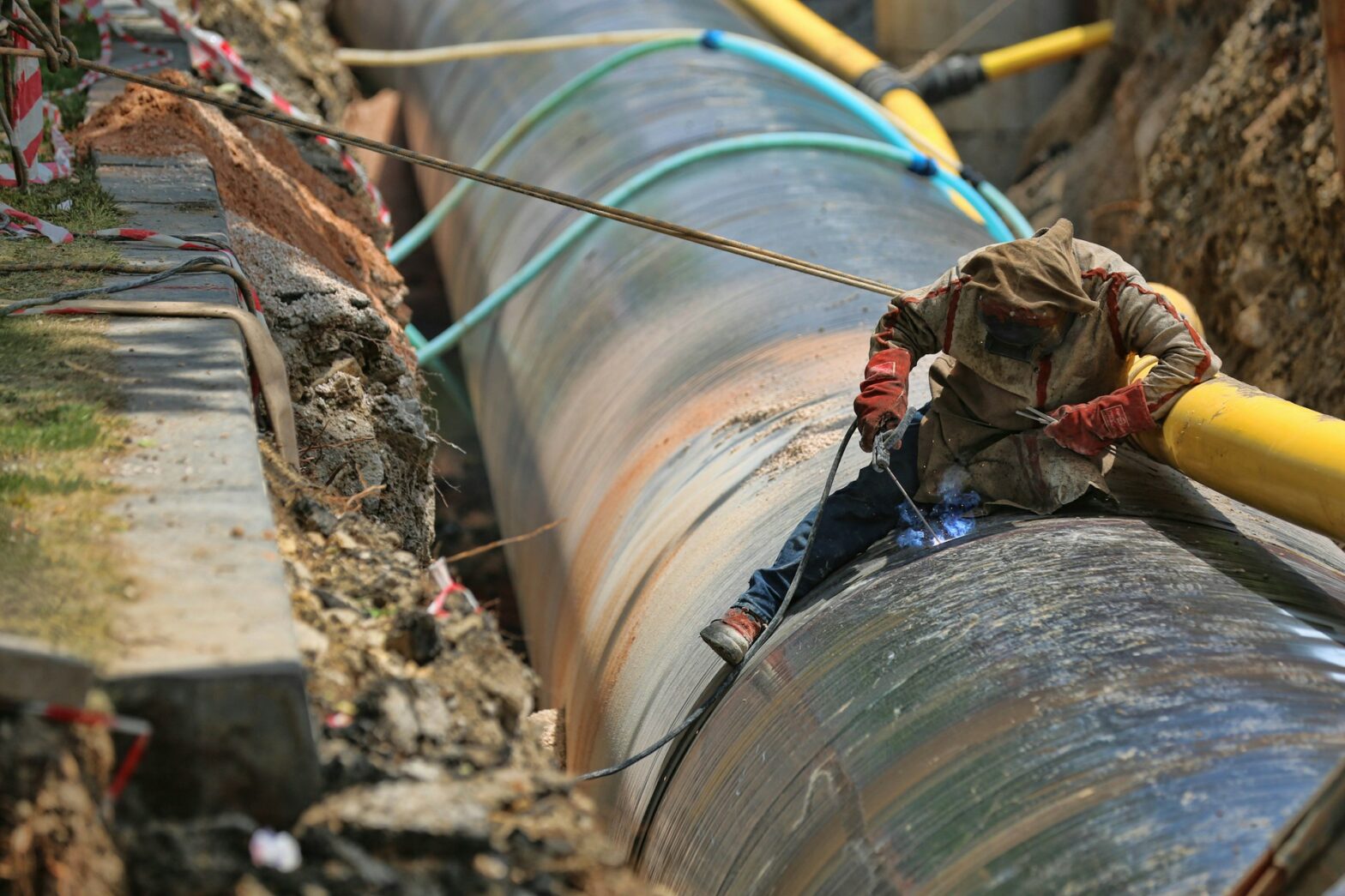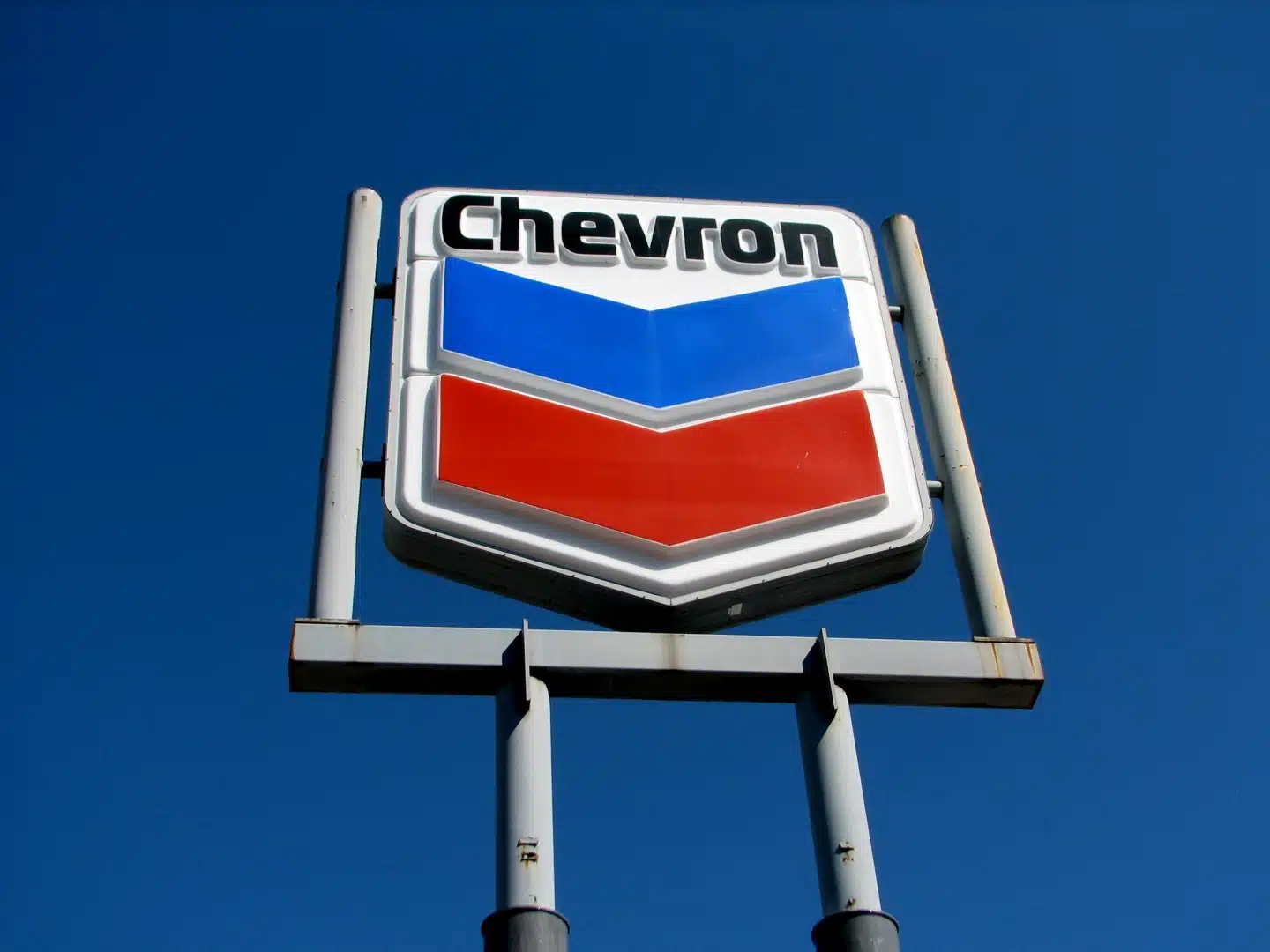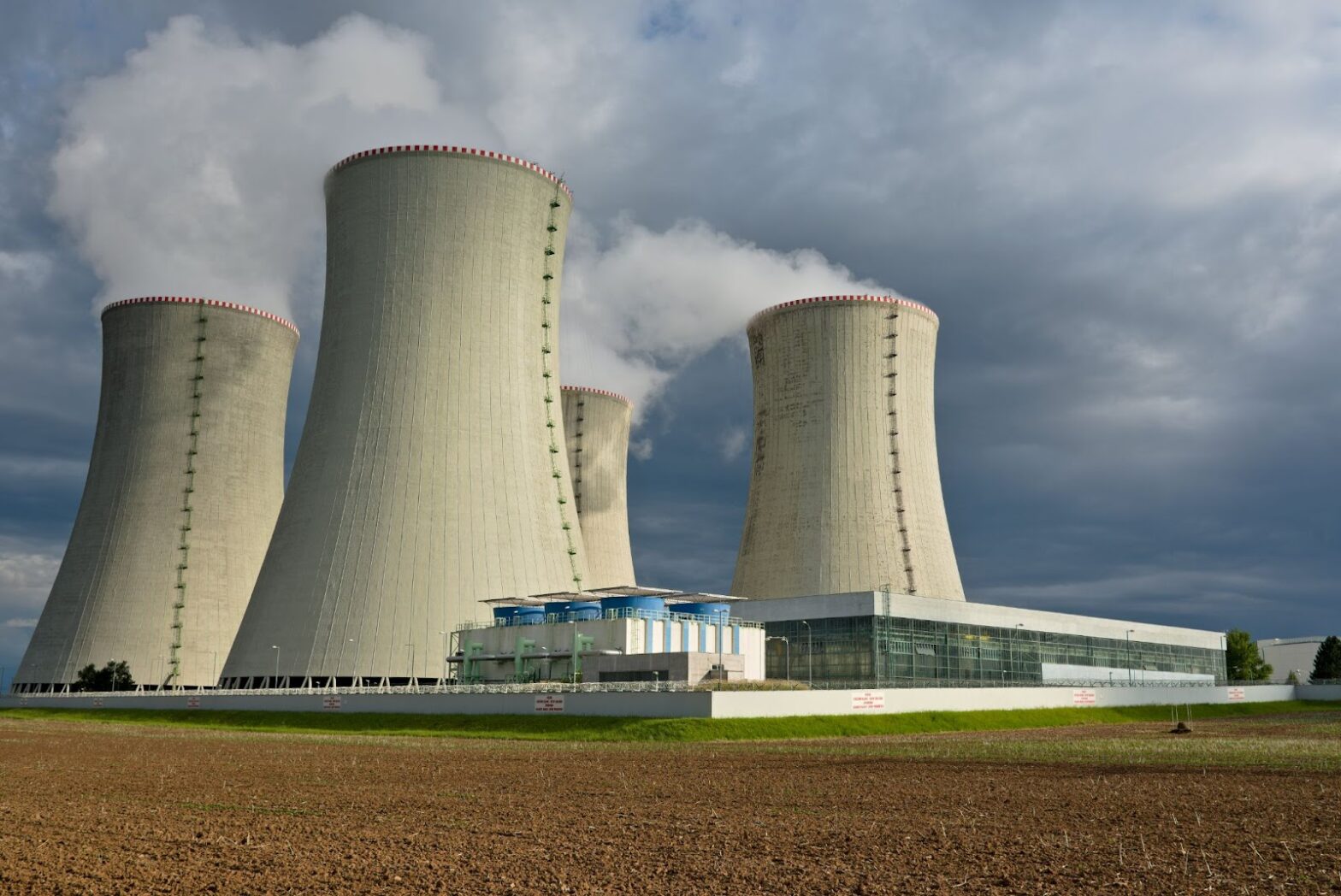Uganda is positioning itself to join a select group of African nations that export premium motor spirit (PMS), commonly known as fuel, with the development of a new refinery underway.
The East African country, an oil producer and OPEC member, recently signed a $4 billion agreement with UAE-backed Alpha MBM Investments LLC to build its first oil refinery in the western Albertine Graben region.
According to government officials, the project will include a 212-kilometer (132-mile) multi-product pipeline.
Alpha MBM will hold a 60% stake in the venture, while the Uganda National Oil Company (UNOC) will control the remaining 40%.
The agreement, signed at the State House in Entebbe, about 40 km south of the capital, Kampala, was witnessed by Ugandan President Yoweri Museveni.
The presidency described it as a significant milestone in Uganda’s growing oil and hydrocarbons sector.
“This oil refinery is not just about fuel; it is about Uganda producing and exporting refined products instead of importing,” Museveni stated.
“We must stop exporting raw materials and instead add value to everything we produce.”
Background
Uganda discovered 6.5 billion barrels of oil in 2006, with 1.4 billion barrels considered commercially viable, according to the Ministry of Energy and Mineral Development.
The Hoima Oil Refinery, as the project is known, is part of Uganda’s broader strategy to capitalize on its crude oil reserves in the Albertine Graben.
The refinery is being developed by the Uganda Refinery Holding Company (URHC), a subsidiary of UNOC.
Originally proposed over a decade ago, the project faced delays due to financing challenges and shifts in investor interest.
The initial joint venture was led by the Albertine Graben Refinery Consortium (AGRC), which included American and Italian firms.
French oil major, TotalEnergies, is spearheading the development of Uganda’s oil fields, with 6.5 billion barrels of discovered resources and 1.4 billion barrels considered recoverable.
Path to becoming a net exporter of refined products
Once operational, the refinery will convert Uganda’s crude oil into gasoline, diesel, kerosene, jet fuel, and heavy fuel oils.
It is alsp expected to reduce Uganda’s reliance on imported refined fuel, stabilise prices, and enhance national energy security.
Uganda’s fuel imports have increased substantially in recent years.
In 2020, the country imported mineral fuels and oils worth approximately $976 million.
By 2022, this figure had risen to about $1.6 billion, with most of the imports originating from Gulf countries and about 90% transiting through Kenya.
In 2023, Uganda imported over $2 billion worth of refined petroleum products, totaling approximately 2.1 billion kilograms.
With the refinery’s completion, Uganda aims to not only meet its own energy needs but also emerge as a net exporter of refined products.
The facility is expected to begin operations by 2028.









